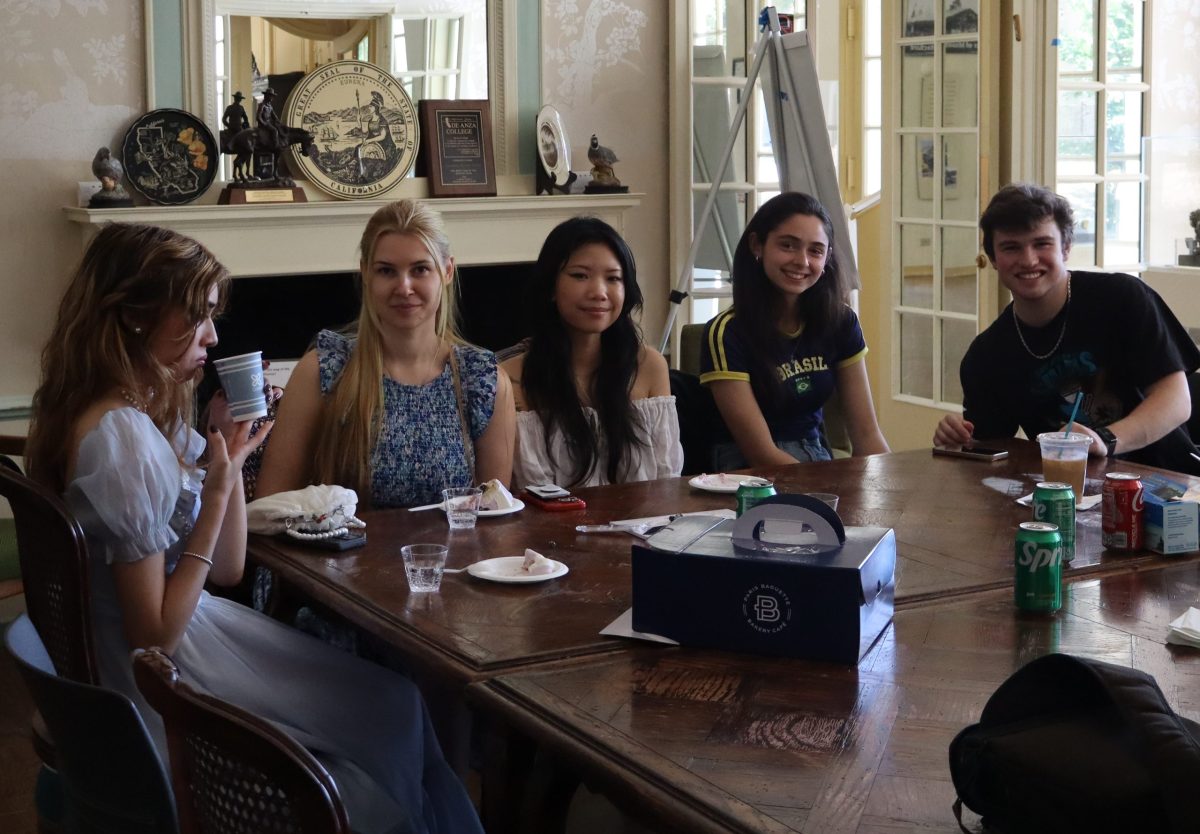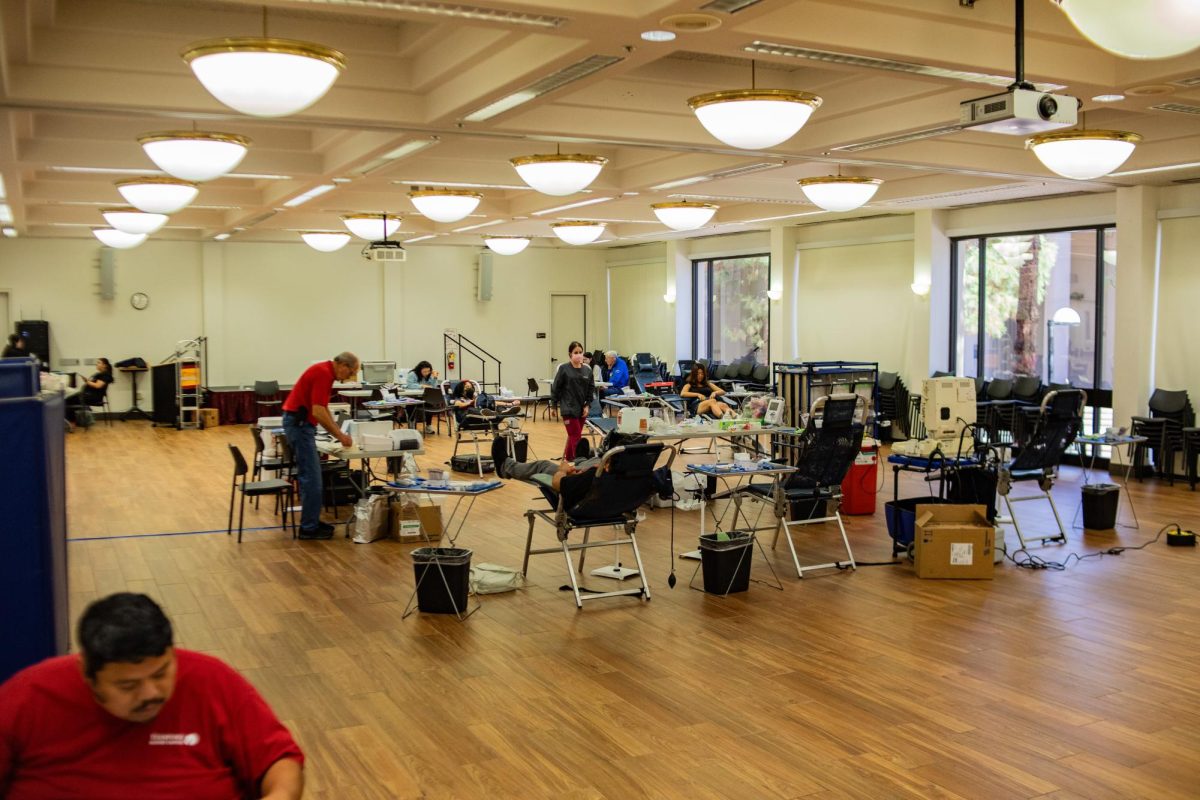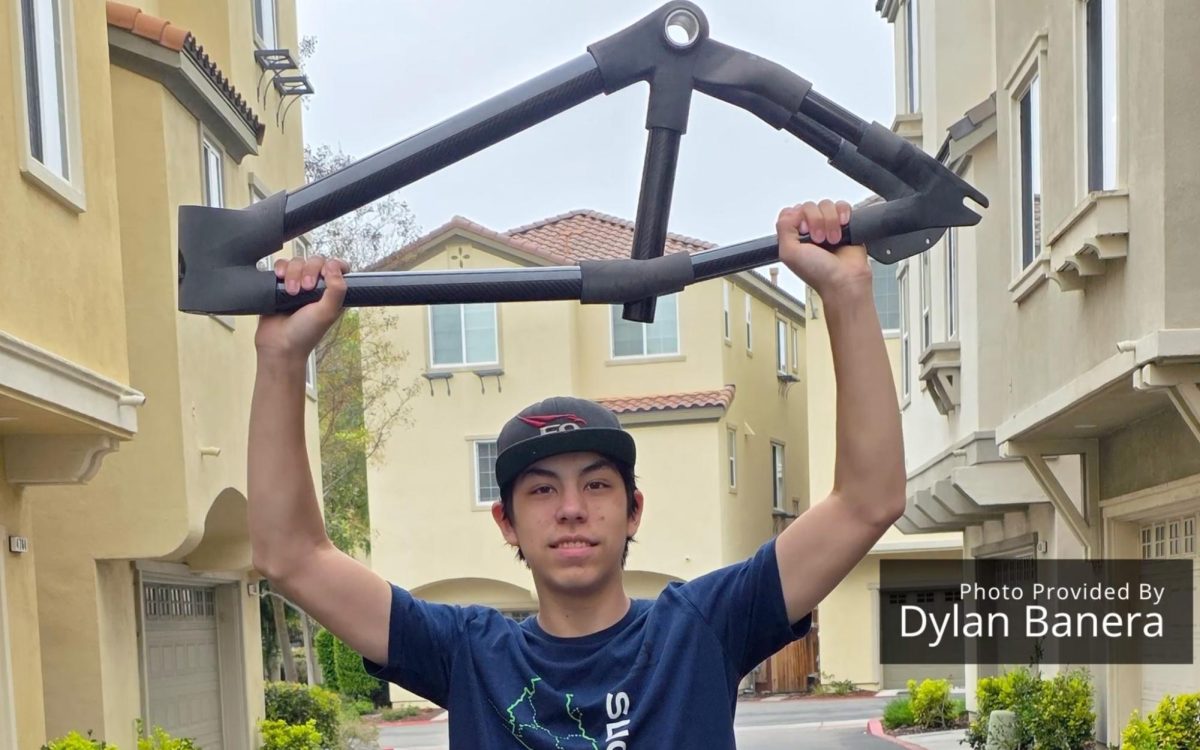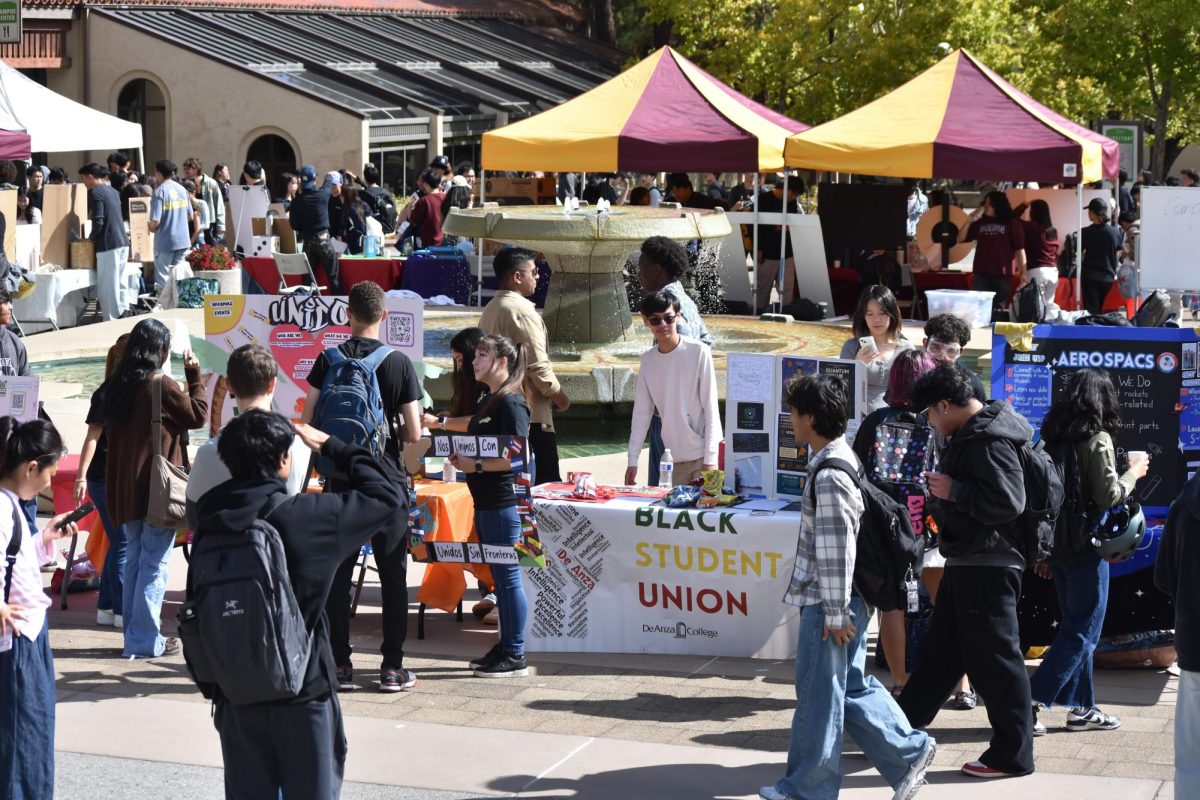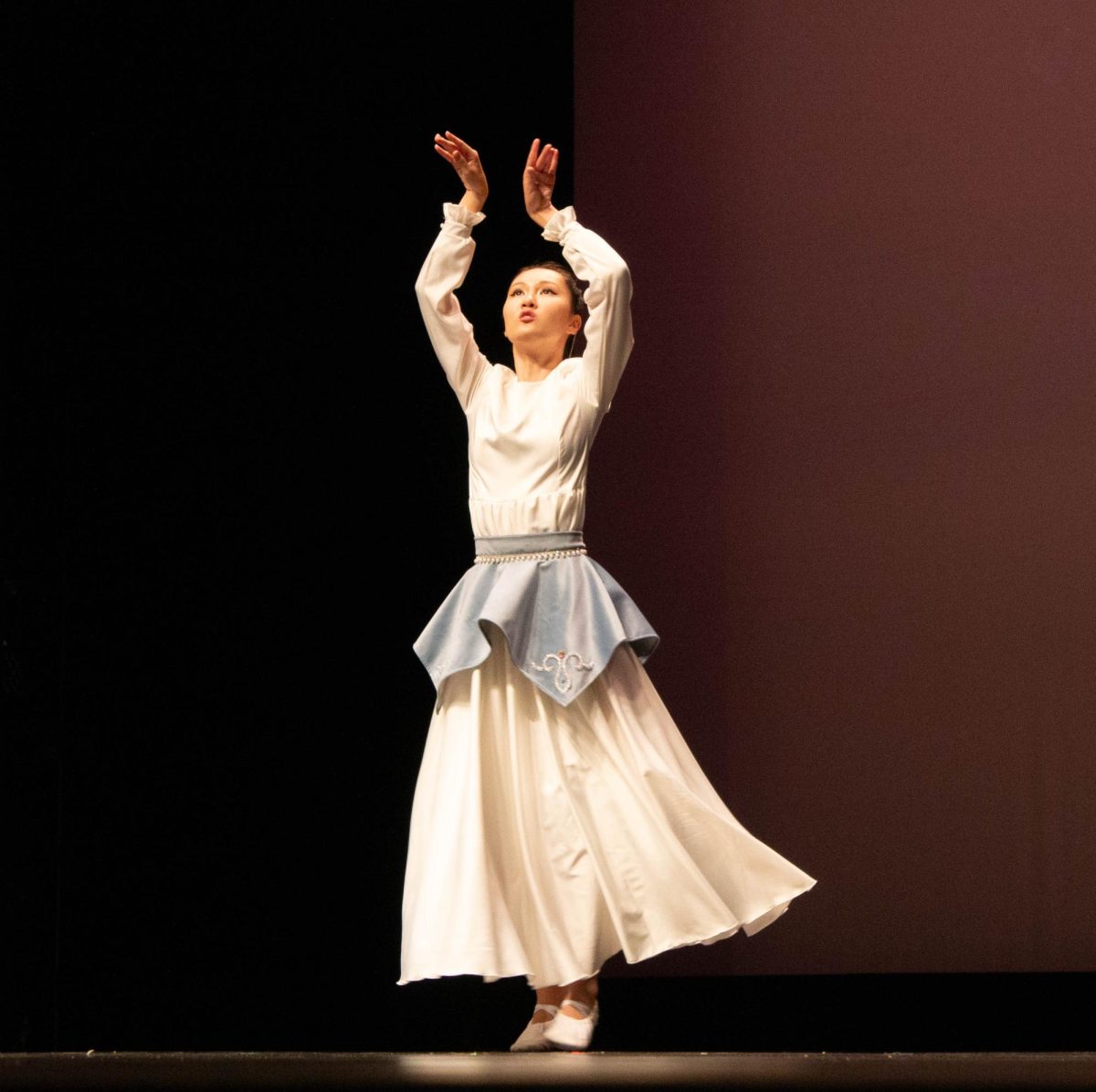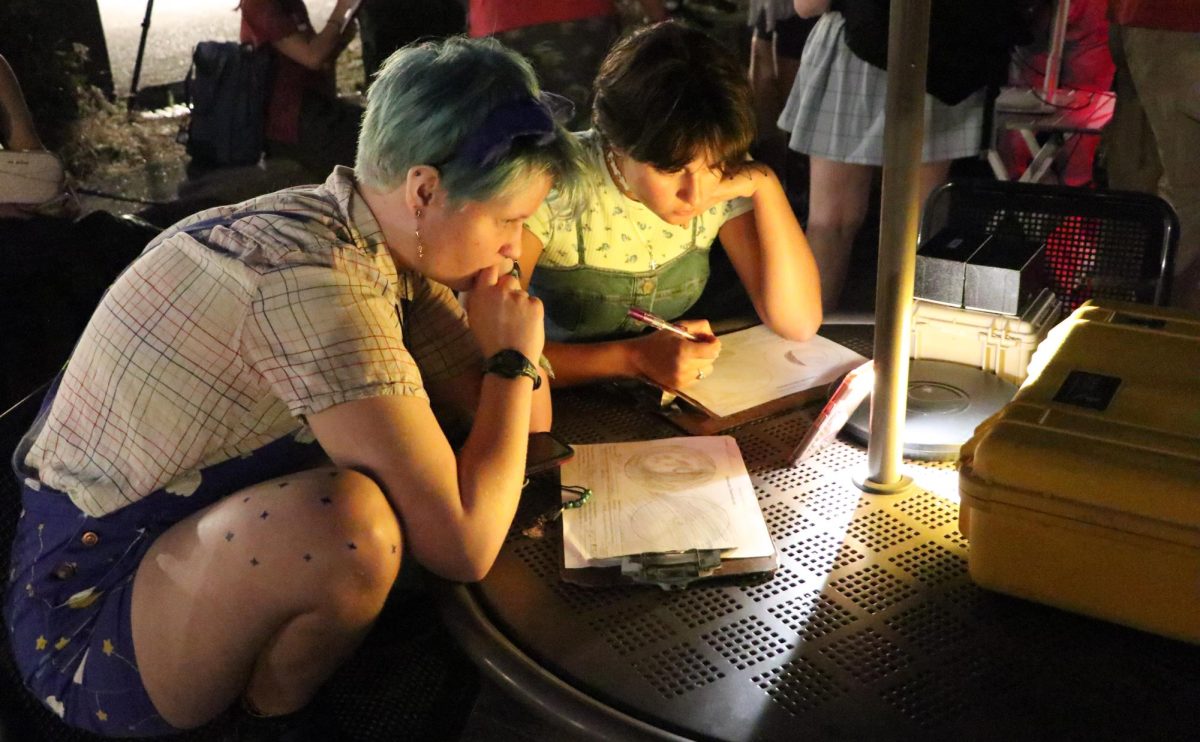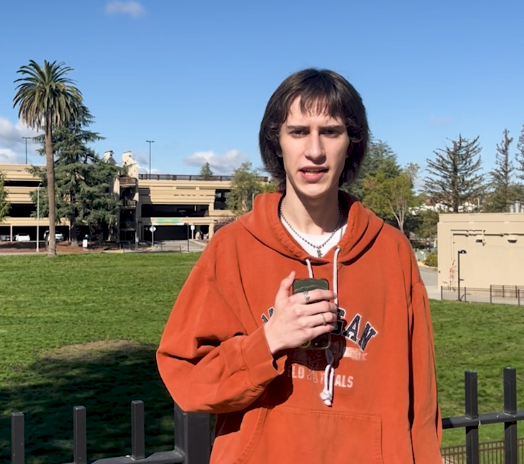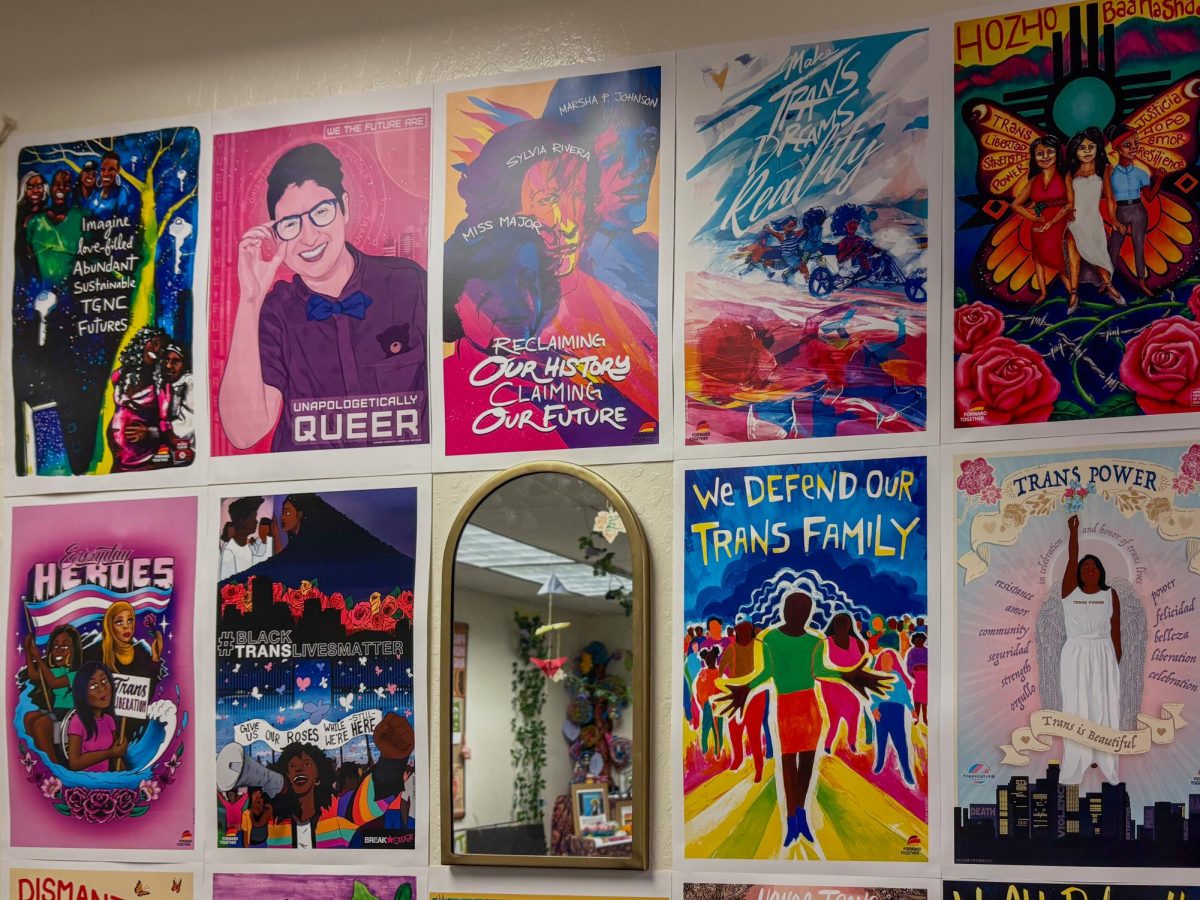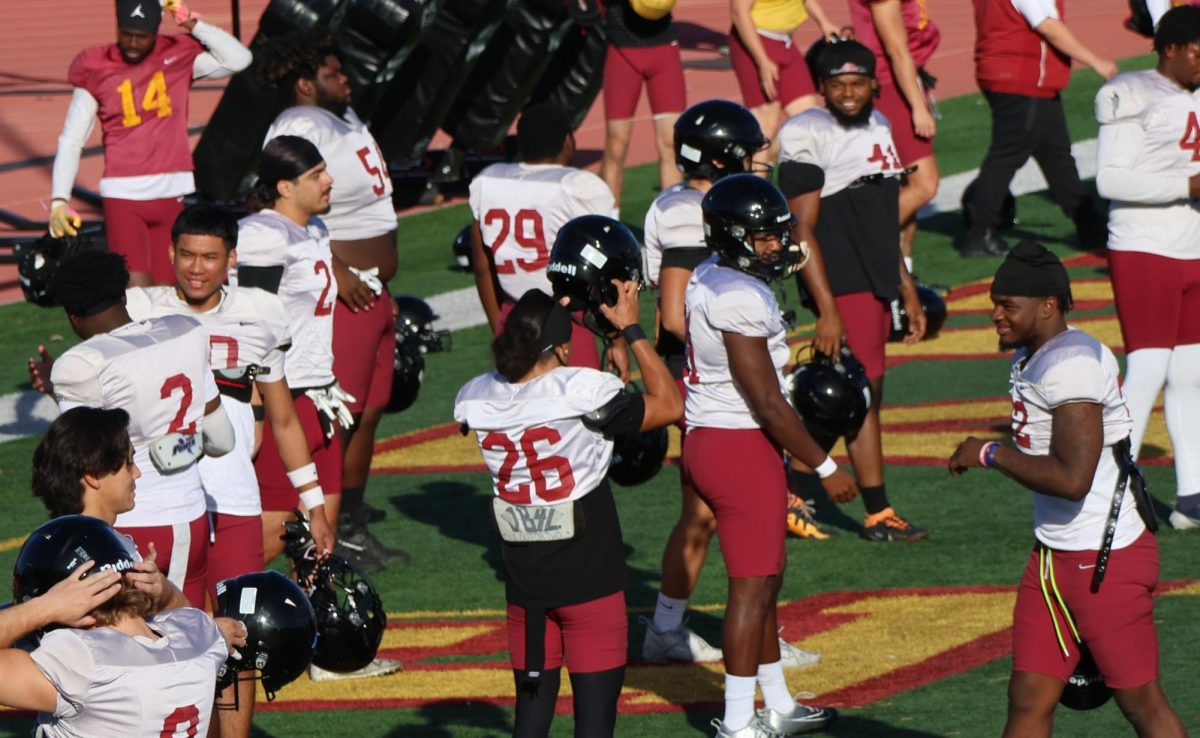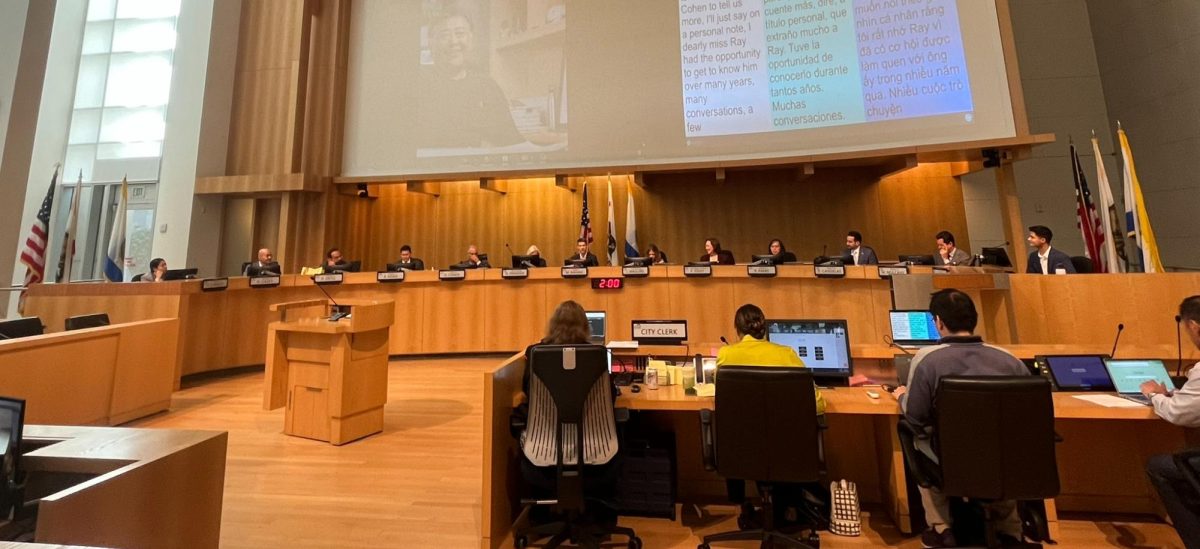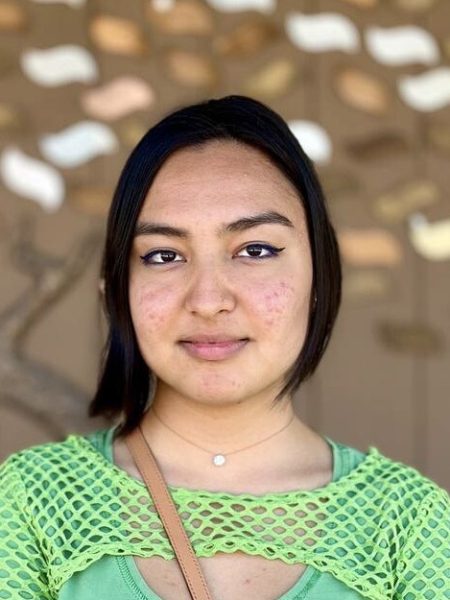A new kind of social gathering was brewing in the California History Center on May 9.
The Psychology Tea Party, which features a fusion of discussion and casual socializing, combines the therapeutic elements of tea drinking with dialogue about psychology, creating an atmosphere where individuals can explore the depths of the human mind.
The venue is adorned with vintage furniture, soft lighting, patterned wallpaper and shelves lined with books.
The Psychology Tea Party was created by Angelina Ryabenchikova, the Psychology Club vice president. Ryabenchikova said she envisioned a space where people could discuss psychological concepts in a relaxed and welcoming environment while making friends.
“I wanted to create a community where people could engage with psychology in a way that felt natural and enjoyable,” she said.
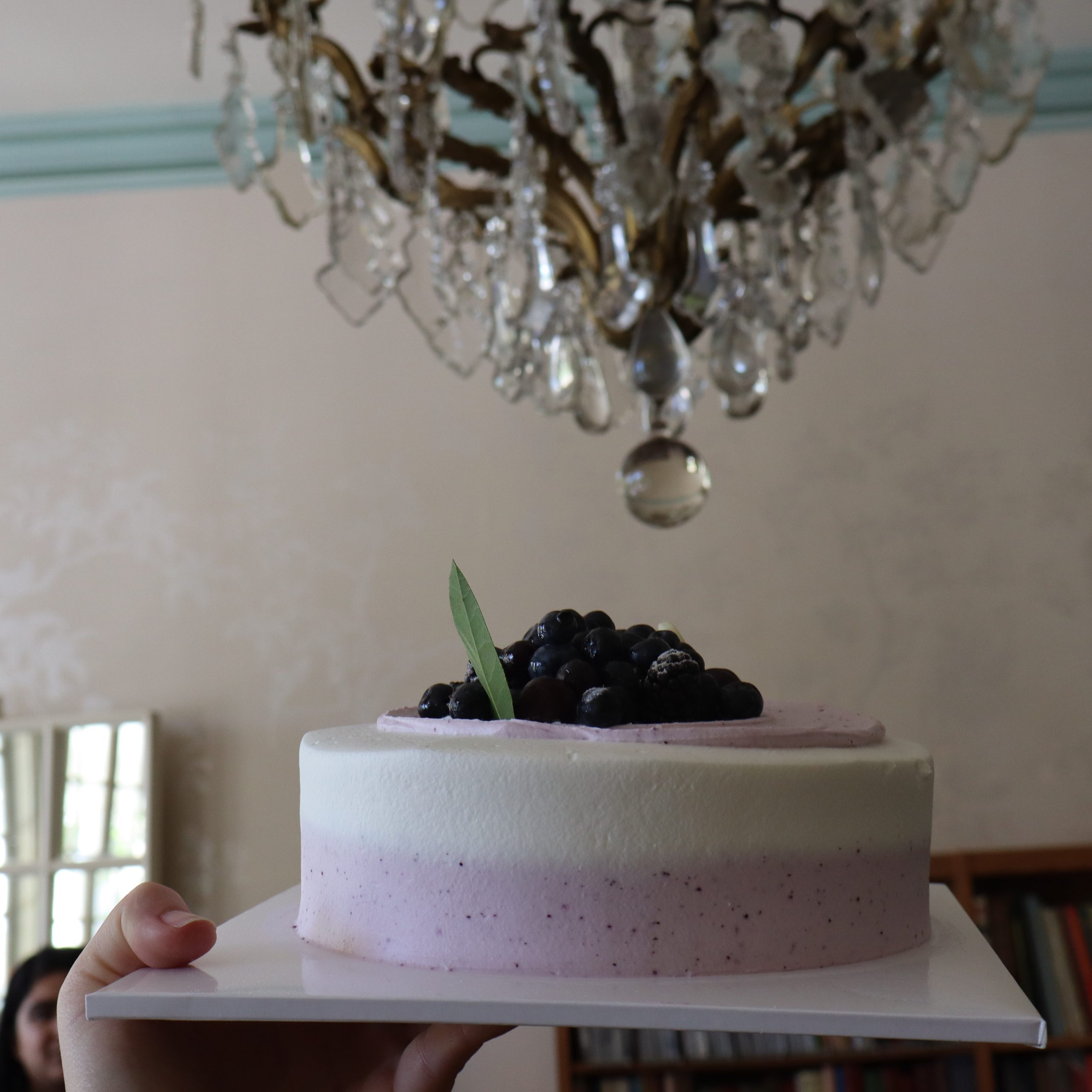
She also purchased a blueberry cake from Paris Baguette for attendees to enjoy with their tea.
The Psychology Tea Party sessions revolved around a specific theme or topic, with subjects from fighting anxiety to the power of positive thinking. The event began with a brief introduction by Ryabenchikova, who provided prompts for discussion. Then participants each contributed their own thoughts to the discussion.
“I love tea parties,” said Angela Valentina Brittain, 17, psychology major. “The California History Center is a fitting place for such an occasion.”
Among the 11 attendants, Brittain was the only one to drink actual tea; others chose to drink water or soda.
Another attendee, Sophia Commisso, 22, a biology major, is running for Psychology Club president and said she hopes to host more events and workshops this quarter.
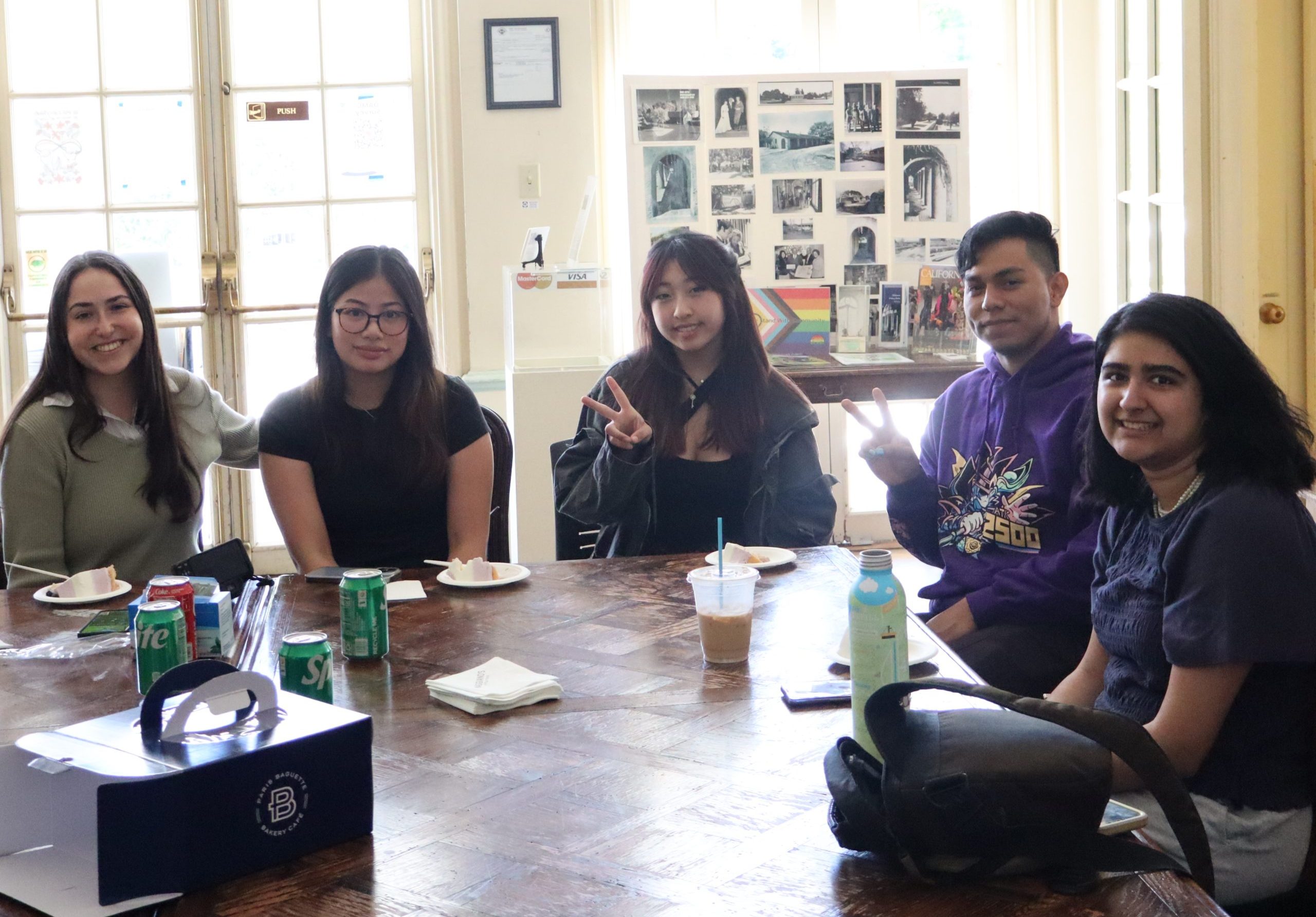
“Right now I am an intern for the club, and last quarter there weren’t many events, so this is our first in-person event this school year. It was nice to meet all the new faces interested in joining,” Commisso said.
“The goal is to make psychology accessible and engaging for everyone,” Ryabenchikova said. “Whether it’s through a cup of tea or a meaningful conversation, we want to inspire people to explore their minds and connect with others.”
Editor’s note: The article was changed on June 3 correct Angelina Ryabenchikova being introduced as president of the Psychology Club, she is vice president. A change was also made to correct the spelling of Sophia Commisso’s name.



